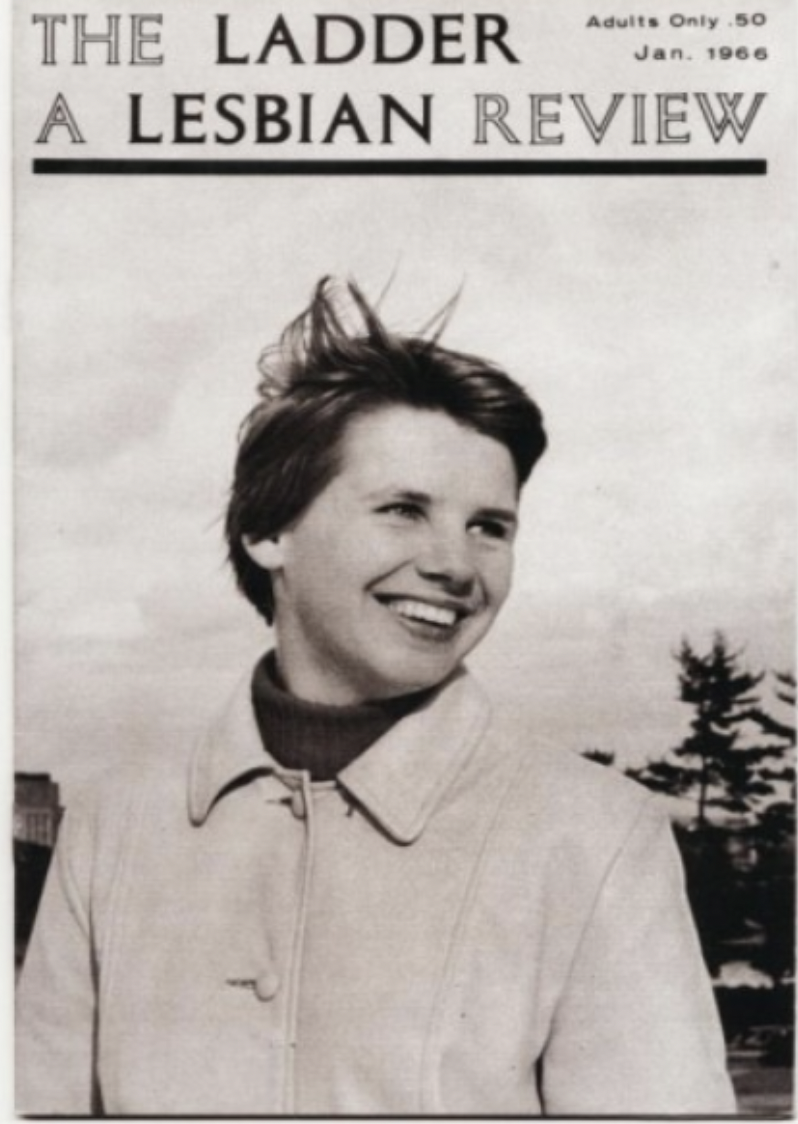Oral Histories
What was it like to be LGBTQ in the Washington area over the decades? RHP’s oral history collection helps answer this question through first-person stories.
The oral history collection is made up of more than 350 audio interviews of people recounting their personal experiences—most of which are not part of official records or texts and cannot be heard in any other way. This ever-growing primary source material reflects diverse voices, insights and perspectives that help us understand our past and share our memories with future generations. RHP welcomes everyone with an interest in D.C.-area LGBTQ history to use the collection.
Rainbow History Project’s oral histories are digitized sound files; some have a transcript. The database spreadsheet below gives a brief overview of the interview as well as themes covered. The online collections catalog, also below, is a longer, searchable summary of the interview content. To ensure that the oral history is used for noncommercial purposes, Rainbow History keeps the recording on our internal drive; the recordings are shared by request.
Get Trained to Help RHP Collect LGBTQIA+ Oral Histories!
Narrator spotlight
Lilli Vincenz came to Washington in 1963 for stint in the U.S. Women’s Army Corps and was honorably discharged when her roommate snitched that she might be gay. Soon after, she was one of the first lesbian members, if not the first, of the gay political activist group, the Mattachine Society of Washington. In June 1965, Vincenz was the only out-identified lesbian to participate in the historic second White House picket protesting wholesale LGBTQ government employment discrimination.
More firsts: In January 1966, Vincenz was the first woman to show her face on the cover of The Ladder, published by the Daughters of Bilitis, the first lesbian organization in the country. In 1968, the budding film maker made a highly influential documentary, The Second Largest Minority, about an LGBTQ rights protest in Philadelphia. And in 1971, Vincenz appeared on the David Susskind Show with six other lesbians, debating the host about gay stereotypes. The group was among the first open lesbians to appear on television.
In the early 1970s, in response to Washington-area women eager to meet other lesbians, Vincenz opened her home for a weekly Wednesday evening Gay Women’s Open House. The safe social space lasted through 1979. In the mid-1980s, having earned a doctorate in psychotherapy, she co-founded the Community for Creative Self-Development for gay men and women.
Request Lilli Vincenz’s oral history.

Become an oral history narrator or volunteer
Can I add my story to the Rainbow History Project oral history collection?
Yes! Everyone has a story to share and every story is important. Some of the narrators (the person giving the story) are well-known names but far more are people sharing personal, interesting and meaningful perspectives on daily LGBTQ life in D.C. over time. Narrators come from all backgrounds, and all of us are the keepers of our community’s history.
How does it work?
Start the process by sending an email to the oral history volunteer team telling us a little about yourself. We will talk with you then connect you with a trained volunteer who will arrange a convenient time to meet and take an audio recording. Most of our interviews have been taken in person, but we can also conduct interviews online (we can arrange the online meeting request for you).
You can also let us know about an individual, group or organization that you think would be a good source of oral history narrators.
What do I say?
All you need to do is talk with the volunteer, who will help you get started and ask follow-up questions. Most tapings last between 60 minutes and 90 minutes, but you decide how long you want to talk and what you want to tell us. Talk about anything related to the LGBTQ community in the D.C. area. Tell us about coming out, events you have attended, important causes, organizations you joined or supported, how you met people, how you were treated and what has changed—or stayed the same. You choose the memories you share.
Who can hear what I say?
RHP keeps the audio recording and posts a written summary of the interview online, but not the sound file itself. To ensure that we share your story in the spirit in which you gave it (noncommercial purposes), sound files are shared only upon request. You will receive a copy of your sound file that you can share.
How do I become an oral history volunteer?
Just email us to start the process. In addition to volunteers who take oral histories, we also need people to help keep our growing collection organized and accessible. Volunteers mostly work from home and on their own schedule, and we will provide you with training and ongoing support.
Can I recommend an oral history narrator?
Yes! Just use the recommend an oral history narrator form.